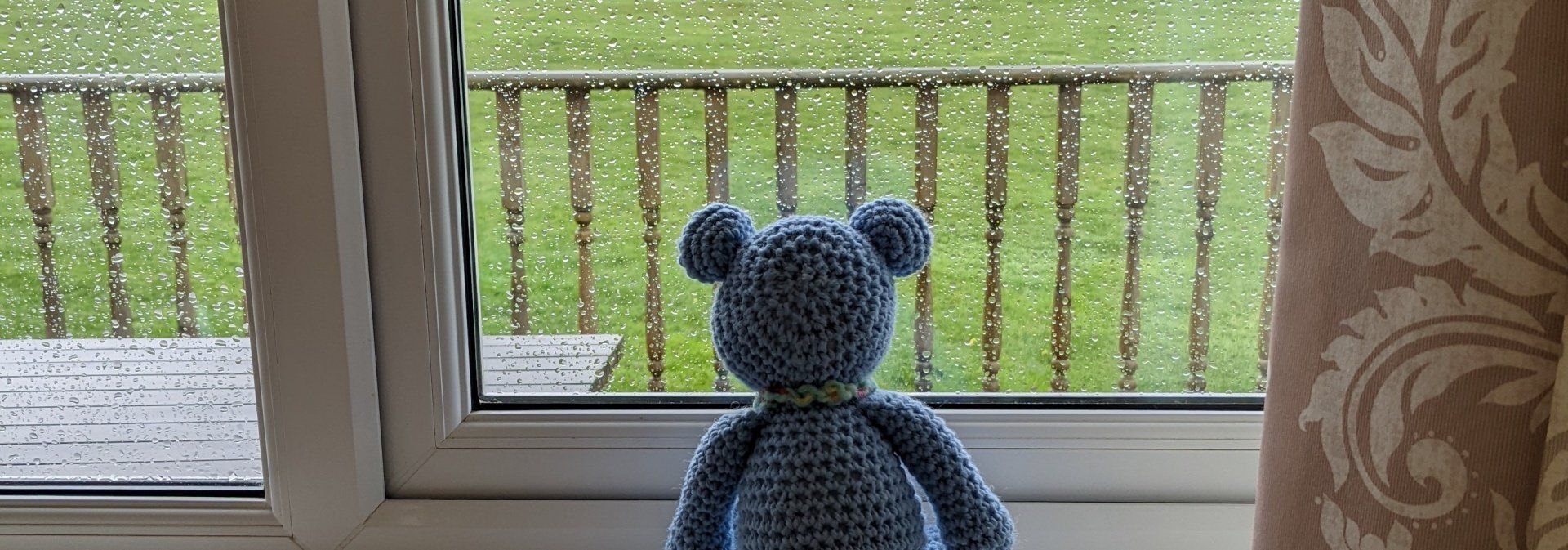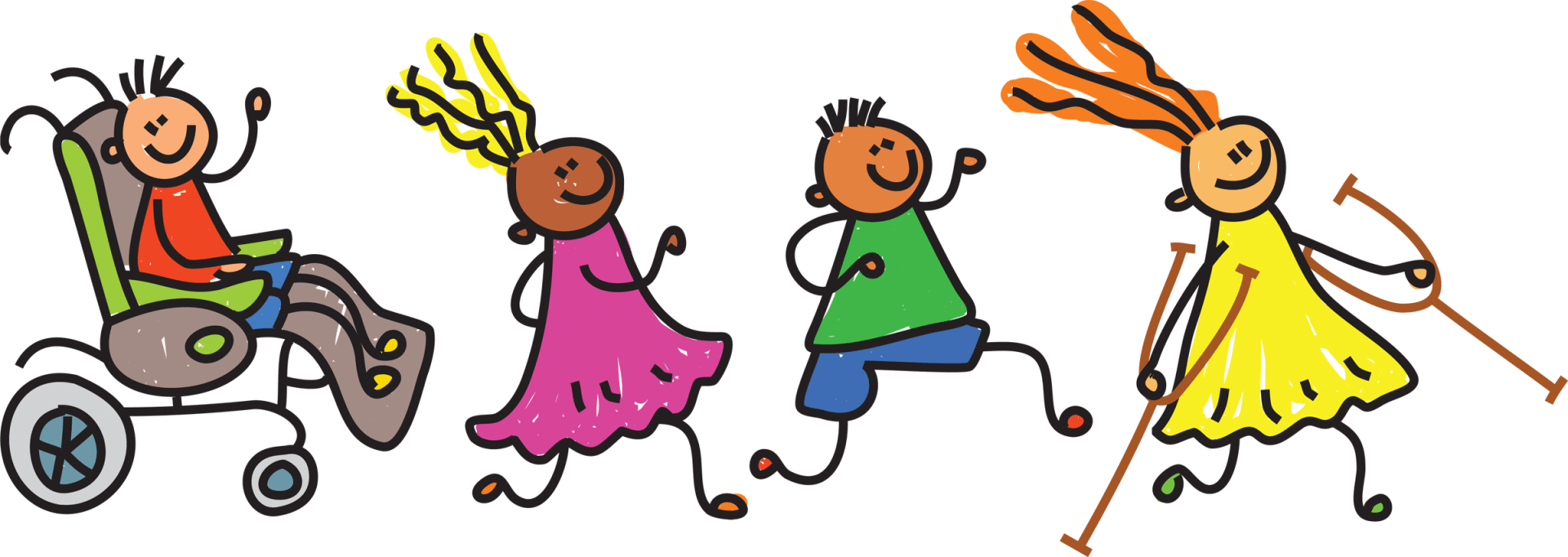Spiritual Inclusion
The Inclusion That Is Often Forgotten.

All of us involved in Christian children’s work believe that children can be Christians, can grow in faith and have a full and vibrant relationship with God.
We also believe children are capable of true worship and can be filled with the Holy Spirit.
Yes? Do I have a hearty ‘Amen’ for that statement?
And so, we also believe it is exactly the same for every child regardless of ability - even those with profound disabilities - don’t we…..?
Do I hear slightly quieter amens this time?
Do we really believe that?
Or is it a case of saying amen in our head and heart, but our actions say something else?
I do know some who question a severely disabled child’s ability to have faith, and I'm regularly questioned about that in secret conversations that the person asking doesn't want to be overheard. I don't think those questions include any children or family workers I know.
For them the issue has been more about having time, knowledge and resources to nurture faith in those who have additional needs and disabilities.
What I’ve found as I’ve talked to parents is, if their child has an additional need or disability and is settled in a church, most energy is put into physical inclusion and not so much into building lifelong resilient faith. Something that makes many parents and carers quite sad.
The picture at the top of this post is a quote from a training session I prepared a while ago and I adamantly believe it!
But I also believe that we sometimes, without realising it, diminish the spiritual lives of children with additional needs and disability, and assume that because they don’t ‘do’ faith like we do it’s somehow not as valid. This results in us underestimating their faith, their ability to pray and their worship.
As I said earlier - it's not always intentionally. But it just seems to happen and I’d like it to stop happening.
Life long resilient faith can be possible for every child. For some we have to think harder and pray longer to find ways to disciple them, but we CAN do it.
We need to think beyond physical inclusion and embrace the need for spiritual inclusion too.
Interested?
If the answer is yes, then great! But we do have obstacles in the way:
- Lack of resources - accessible resources don't make money, so there are very few. Most resources also make the assumption that all children can see, read and comprehend. Do prod publishers for more accessible resources! With 1 in 5 experiencing disability and additional needs, then resources 'should' reflect this.
- Poor knowledge - many assume that additional needs always means learning disability. As a result, many are given resources for younger children, which is patronising even if you do have a learning disability. When we take the time to get to know the children and young people, we will find many ways that will support spiritual learning - and this will have the added bonus of helping many others who don't have additional needs!
- Reading round - Many 'Sunday schools' expect children to read round the circle of attendees, using a bible translation even adults struggle with. Please discourage this. It isn't welcoming and extremely stressful for children who, for whatever reason, don't read. There are also many who can read, but anxiety prevents them from being able to 'read round' the group.
- Low spiritual expectations - this is a problem across all ages and stages. We may not understand how some children with additional needs connect with God, but we don't have to!
We are by nature a results driven people - leaders want to see the numbers to quantify whether we 'need' to keep going with additional needs ministry. When it can't be seen and our expectations are set too low, then this ministry often ceases to be.
It's not in our control to see and know how a child responds to God, and that shouldn't matter. It definitely shouldn't affect our faithful teaching of these children!
Keep going, remember the heavenly results that you may or may not see, and pray for these precious youngsters to know God, to be filled with His Spirit and to live a life set apart for Him.









